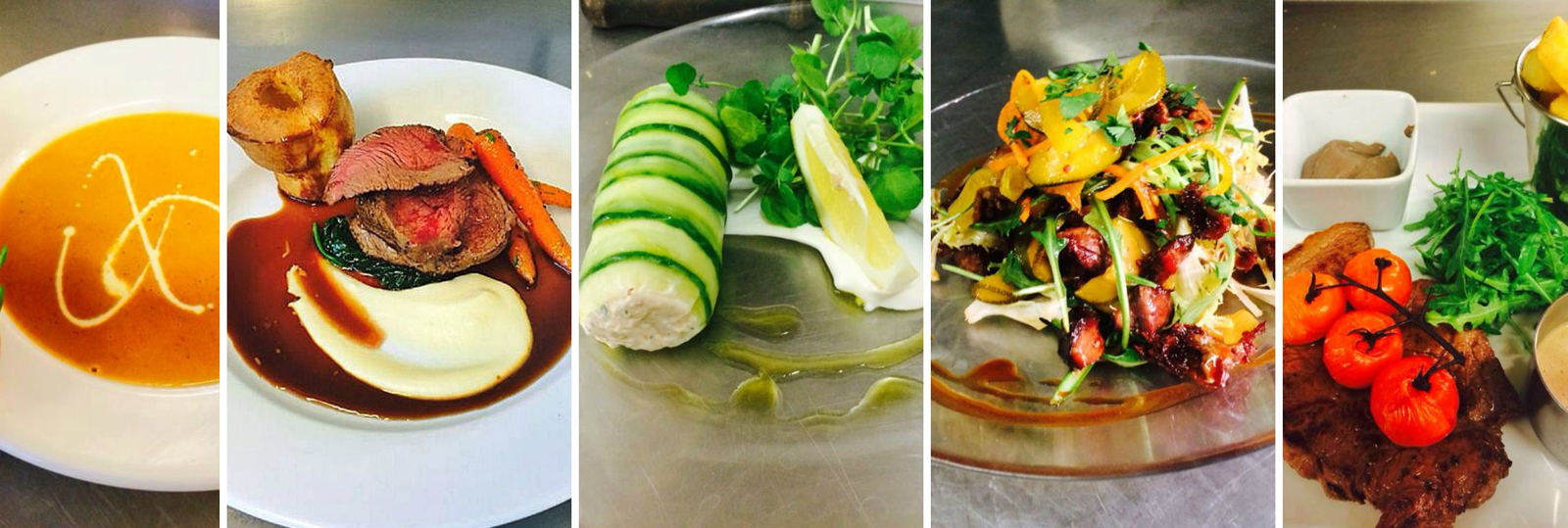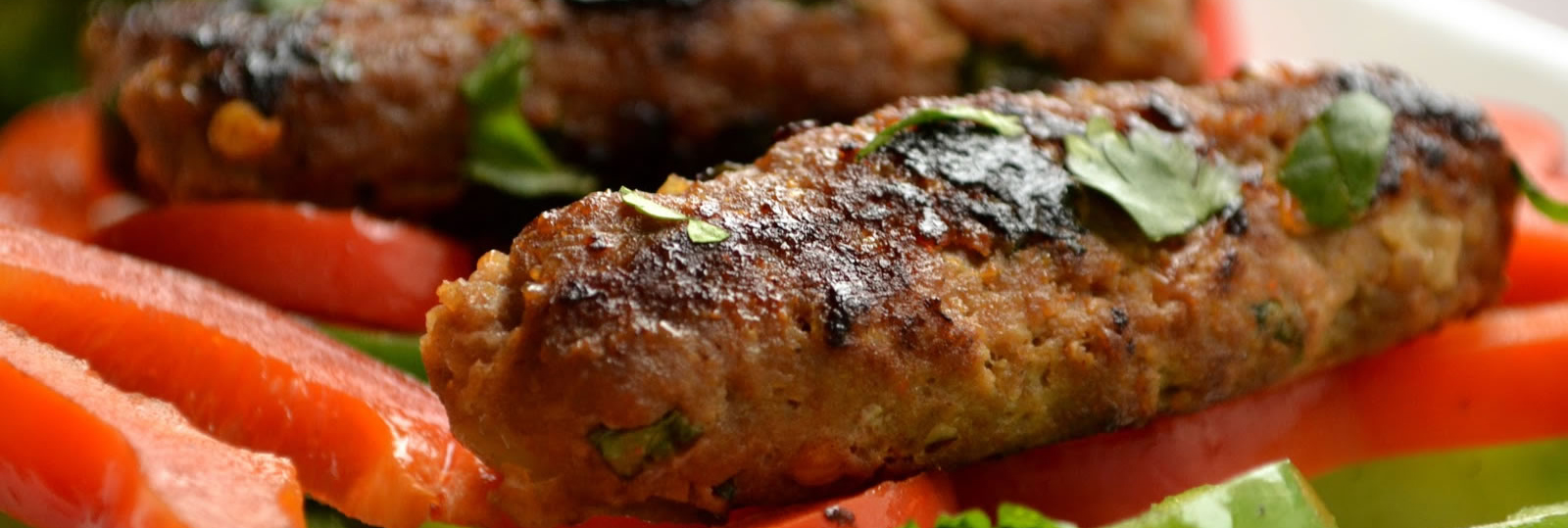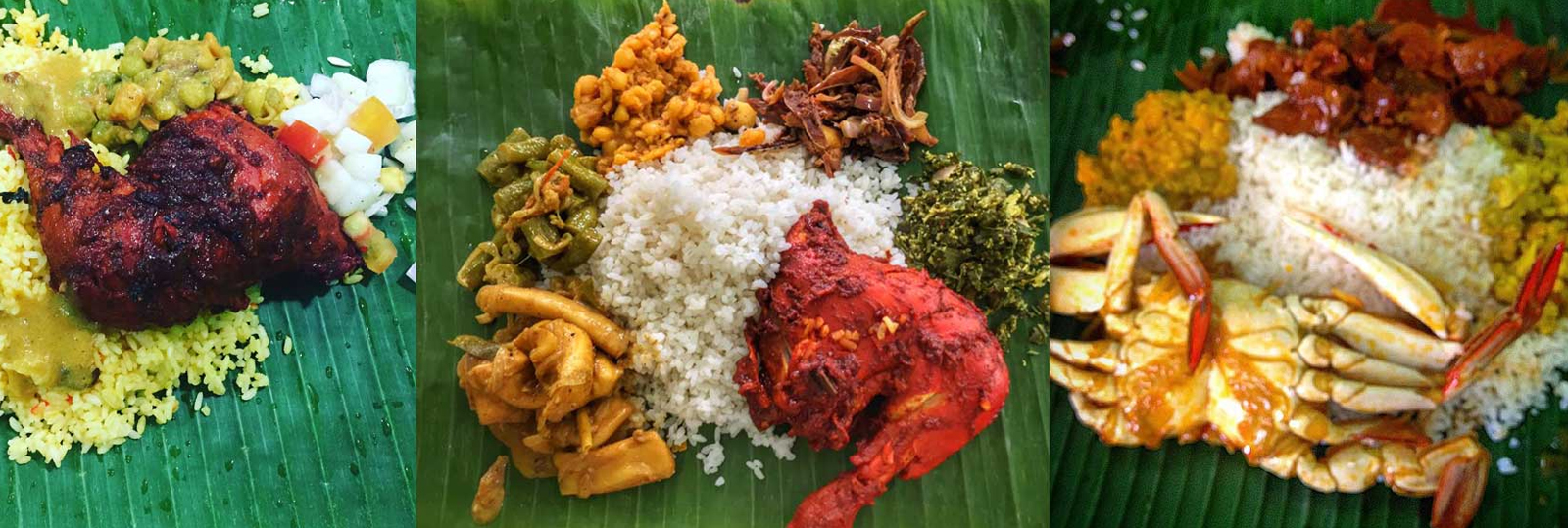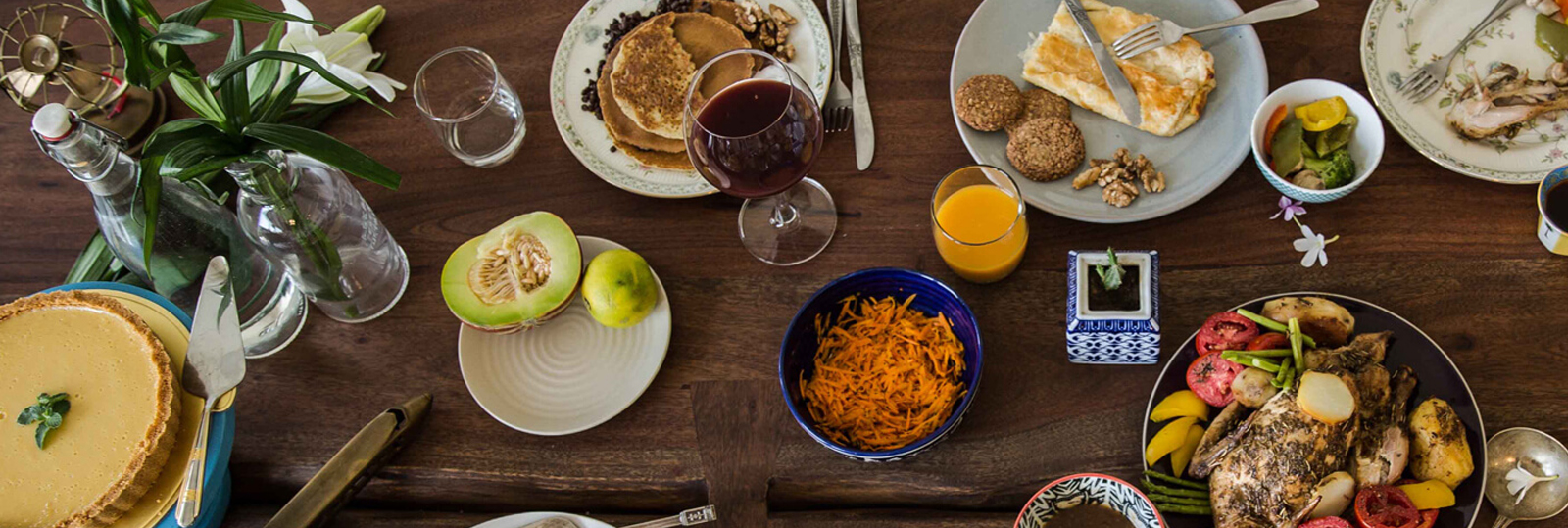About our company
It is our pleasure to launch the first Halal Restaurant Guide in India. This online Restaurant guide is first of its kind in India which features all the Halal Certified Restaurants, Hotels, Kiosks, Catering Services, Food Courts, Restaurant chains etc. The website will also be dedicated to improve the food Safety Standards in Indian Food, restaurant and retail industry. To compliment the website, we are also featuring Halal Friendly Hotels, Halal Friendly hospitals, Halal Friendly shops and beyond. This will be a comprehensive and dedicated guide for all travellers as well as Halal Consumers within the country and for those people visiting India from around the world.
- 340
- Happy Customer
- 325
- Restaurants
- 24
- Butcher Shop
- 575
- Food Items
Halal Criticality and Non-traceability in Today's World Marketing and Sourcing of halal certified products
The food we eat outside, or the food that we eat at Home, may not be permitted(Halal). A product, which has a green dot over it and signifies that it is from vegetarian source, may not be permitted(Halal). An Ayurvedic product that we use may have animal derivatives. This is due to the complexity and non-traceability of a product or ingredient. But a permitted(Halal) certified product gives the assurance that the source of the product or all ingredients has been tested in lab, verified thoroughly with stringent process, and the product is suitable for Muslim or Human consumption/use.
Also, Foods containing ingredients such as gelatin, enzymes, emulsifiers, etc. are questionable (Mushbooh) because the origin of these ingredients is not known. These ingredients can be extracted from animals and vegetables. If the ingredient is extracted from an animal which was improperly slaughtered, then it is considered Haram(not permitted). So it is better to avoid the products which contain these ingredients and is not Halal certified.
Why Permitted (Halal) Food Halal certified products
The preparation of Permitted (Halal) meat is one of the most humane and hygienic. The Permitted (Halal) method is the treatment of the animals with the utmost respect and the slaughtering with the minimum amount of pain. The slaughtering animal is totally relaxed and consequently there is very little increase in adrenaline resulting in more tender and delicious meat. The draining of the blood and the delay in removal of the spinal cord means that all bacteria and toxins are removed from the meat, as blood is the main carrier of diseases which could be passed to humans.
Apart from meat, other Permitted (Halal) Products and ingredients are also proven beneficial and healthy for human consumption/use.
Did You Know That Something about us
- Not only chicken/meat, but also all the ingredients must be assured permitted(Halal) in order to make the food (permitted)Halal.
- Leading food chains/pizza outlets are also cooking/processing/selling items made of pig in the same premises, and they claim that they are Halal !!!!!!!!!
- You need to verify if you find the names e.g. ham, pepperoni, bacon etc in some dish name (or any other term that you do not know/understand), these names are originally from pig derived products and may contain the same.
- If only the chicken/meat is Halal Certified that does not mean that the end/final product is permitted (Halal).
- It is also important to know that what the chicken/animal is being fed, if it is being fed not Haram(not permitted)feed, the chicken/meat may not be Halal.
- Vegetarians allow few ingredients in their dietary practices that separate them from Halal, like alcohol, Gelatin, Emulsifier, etc. These ingredients are usually found in Dairy products, dressings, sauces and in flavoring and coloring. These ingredients can be extracted from animals and vegetables. If the ingredient is extracted from an animal source which was improperly slaughtered, then it is considered Haram(not permitted). So it is better to avoid the products which contain these ingredients and not Halal certified. Many Vegetarian recipes call for wine/rum as ingredient. Even the smallest amount of alcohol is forbidden for Muslims and not good for human health.
- Food claims such as 100% Halal and 100% vegetarian do not necessarily imply that the food is truly (permitted) Halal. Halal food must not contain and/or come into direct contact with non-Halal items. Examples of these include alcohol, pork and meat which are not slaughtered in accordance with the sharia compliance.
- If you cross check with restaurant, you will find lot of restaurants which has no reliable Halal Certificate or no halal certificate at all, expired halal certificate or they will give excuses that they have Halal Certificate in head office/corporate office etc. This does not serve the purpose and does not assure the consumers.
© Halal India 2016. All rights reserved. Designed by f2f solutions




